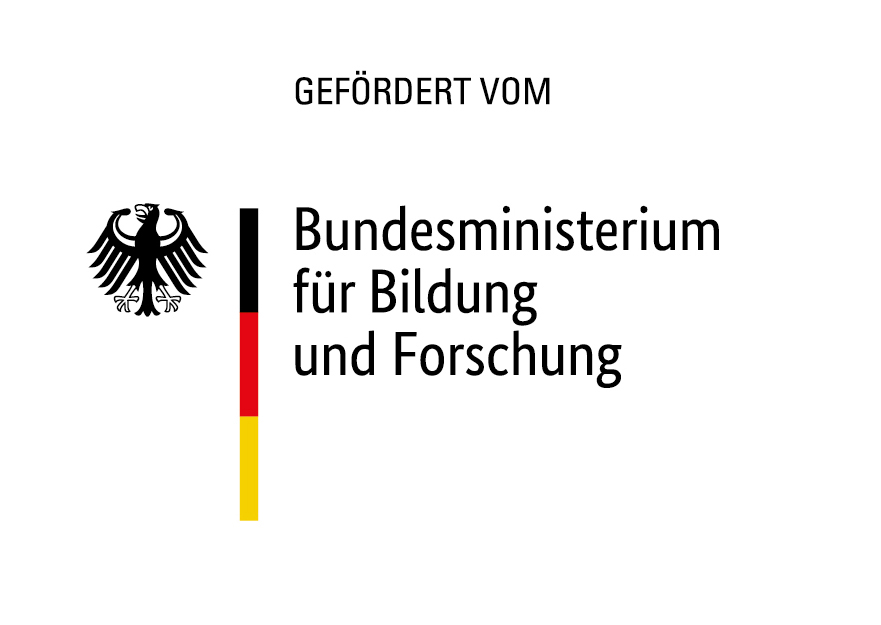hpc4climate 2025 Summer School - It's a wrap!
Lauenburg, 7 August 2025 – Eleven days of intense learning, hands-on coding, and collaborative problem-solving have come to a close as the hpc4climate 2025 Summer School wraps up in the historic riverside town of Lauenburg. The event brought together master and early-stage PhD students from across Europe and beyond to explore how high-performance computing (HPC) and climate science intersect in tackling some of the most pressing challenges of our time.
A Journey from Fundamentals to Advanced Challenges
The summer school began with fundamentals of both climate science and the ICON model, as well as an introduction to the Levante supercomputer at DKRZ, the home for much of Germany’s climate modeling and, for the duration of these weeks, the home of the lines of code written, compiled and run by the participants.
The stundents then had two sessions of hands-on exercises. And they responded beautifully to these challenges!
The first exercise focused on the ICON climate model and its ComIn interface, which allows targeted, on-the-fly data processing within simulations. These tools became the foundation for the first coding challenge:
- Detecting and analyzing extreme climate events such as the Ahrtal 2021 floods, atmospheric rivers in the Arctic, contrail formation from aircraft, and tropical cyclones.
- Teams implemented event detection plugins, tested thresholds, visualized results, and learned first-hand the value of efficient data handling in large-scale simulations.

The second coding challenge pushed participants into the world of performance portability. In ten teams, students worked to:
- Port ICON’s energy diagnostics from Fortran to C++ using Kokkos parallel programming.
- Integrate their new code into the ICON framework via Fortran–C++ bindings.
- Benchmark results on both CPU and GPU architectures.
This challenge revealed the complexity of adapting scientific code for heterogeneous supercomputers and the collaborative strategies needed to succeed under tight deadlines.
Inspiring Keynotes and Expert Guidance
Two keynote lectures framed the week’s themes:
- Prof. Florina M. Ciorba (University of Basel) on the foundations, goals, and challenges of HPC in climate science.
- Prof. Ricarda Winkelmann (Max Planck Institute for Geoanthropology) on the long-term legacy of climate (in)action, with a focus on ice-sheet tipping points.
These talks, combined with hands-on mentoring from WarmWorld, DKRZ, and partner institutions, inspired participants to connect technical skills with the broader mission of climate research.
Collaboration Beyond Code
The hpc4climate 2025 summer school wasn’t only about algorithms and benchmarks. Informal discussions, riverside walks, volley, table tennis, salsa, these all helped participants form lasting professional connections and friendships. Many teams self-organized roles based on strengths, and leadership skills emerged naturally in the process.
Looking Ahead
As the summer school ends, participants leave with:
- A deeper understanding of HPC tools and climate models,
- Practical experience in on-the-fly event detection and code porting for performance,
- A network of peers and mentors committed to advancing climate science in the exascale era.
WarmWorld thanks all the speakers, lecturers, and organizers who made this event possible — and, above all, the participants whose energy and curiosity made the hpc4climate 2025 Summer School an inspiring success! 🚀
